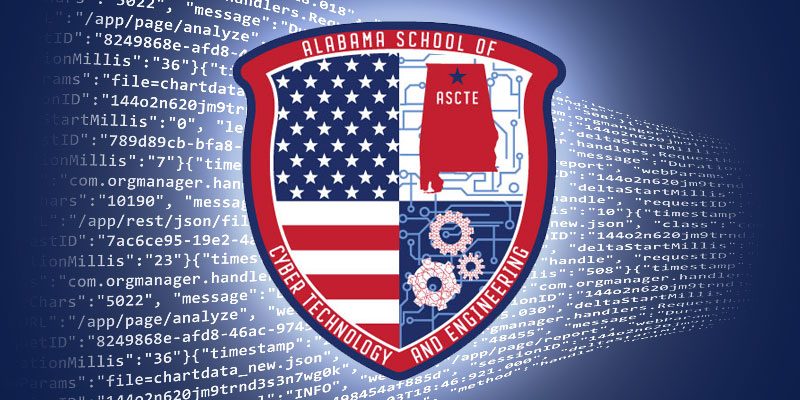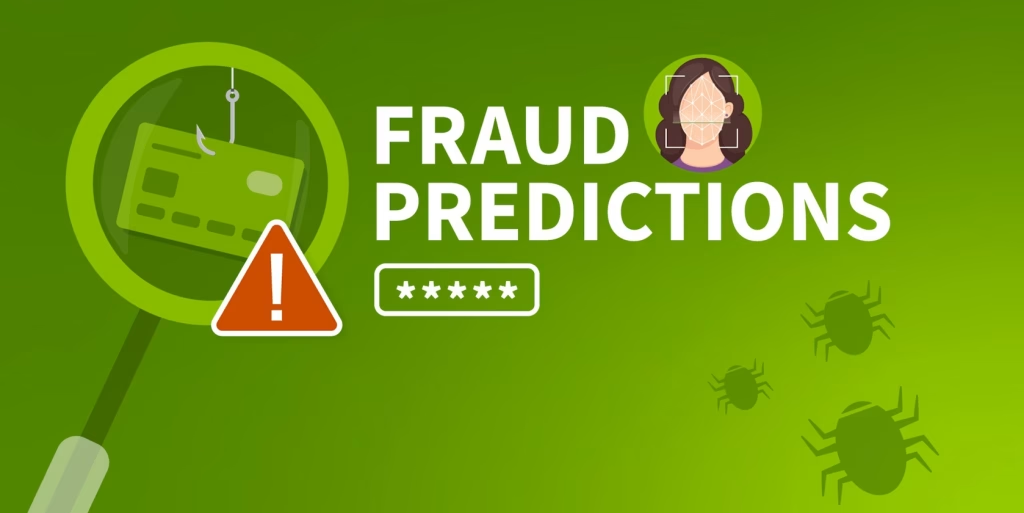For students eyeing their next big leap into college life, Regions Bank’s “Extra Credit: College Life Money Skills” is more than advice — it’s a genuine head start.
Extra Credit itself got its own start at Regions’ Riverchase Operations Center in Hoover, where students gathered for interactive, high-energy guidance on how to build budgets, establish savings, build healthy credit and more.
But Extra Credit doesn’t stop there. It’s still available for free online. And it’s open to anyone, no matter where you bank.
The event brought in a panel of experts to answer questions and give a sense of clarity to students and families. Panelists also covered financial aid, fraud prevention, and building a solid foundation for students’ college lives.
Hosted by Tandy Hayes from Regions’ Consumer Banking division, Regions Extra Credit was not only for the people in the room. It was live-streamed to high schools across the Southeast and remains online for students and families who’d still like to take part. John Jordan, head of Retail for Regions, stressed the importance of early financial planning, emphasizing success begins with a simple step: making a plan.
“Financial conversations can feel intimidating, but they’re critical,” Jordan said. “Our Greenprint financial planning program is designed to help every family, whether you’re just getting started or already saving for bigger goals.”
Regions’ first panelist was Christy Hudgens, Regional Recruiter for the University of Alabama. She guided students through the application and admission process of colleges, emphasizing the importance of preparedness well before the due dates of applications.
“After your transcripts are submitted and the applications are complete, begin building a budget with your family to help set a good precedent moving forward,” Hudgens said. “Direct costs like a meal plan, housing, tuition, etc. are all the costs you would expect, but the indirect/hidden costs, such as parking permits, football tickets, and personal expenses, are the ones that send many students back home to their parents working a job.”
Panelist Kelly Savoie, Director and Assistant Region Head (South) with Sallie Mae, joined the conversation to discuss financial aid and ways students can make their education more affordable. Savoie’s top message was to complete the Free Application for Federal Student Aid (FAFSA) early and correctly.
Savoie detailed the array of grants, scholarships, and student loans available and debunked myths about scholarships being limited only to top athletes or straight-A students. She encouraged students to explore local scholarships, employer-based opportunities, and free scholarship search tools like Sallie Mae’s database. “The resources are out there—you just have to look,” Savoie said.
Fraud prevention took center stage as Jeff Taylor, Regions’ head of Commercial Fraud Forensics, walked attendees through common scams targeting young adults. From gas pump skimmers to fake scholarship websites, Taylor outlined real-world scenarios where students are vulnerable and offered tips for protecting sensitive information, stressing the importance of verifying payment requests through known contacts rather than trusting links or numbers sent via email or text. “Fraudsters are smart,” Taylor said. “But with awareness and a few smart habits, you can protect yourself—and your money.”
Rounding out the afternoon, Angela Aaron, a Regions Financial Wellness Next Step educator, tackled the basics of budgeting and savings. She urged students to view themselves as “the CEO of their finances,” outlining how to create a first budget by tracking income and expenses and prioritizing needs over wants.
Aaron shared personal stories about learning the hard way—from parking tickets to unexpected car repairs—and reinforced the importance of setting up a savings account early to handle emergencies. “It’s not about saying no to everything fun,” Aaron said. “It’s about making smart choices so you can enjoy college without going broke and going home.”
Throughout the event, Regions underscored its commitment to helping students build strong financial foundations. All attendees were invited to schedule free Greenprint planning appointments, regardless of whether they bank with Regions. “We believe everyone deserves a financial plan,” Jordan reiterated.
As students and families left with new knowledge—and a few lucky ones with some grand prizes—the message was clear: Success in college and beyond doesn’t just happen. It’s planned. And with the right tools, today’s students can step confidently into their financial futures.
Building greater financial wellness was identified by Regions several years ago as one of its top priorities for community engagement. In addition to these in-person events, the bank’s Next Step program makes no-cost financial wellness tools and tips available online at www.regions.com/nextstep.








